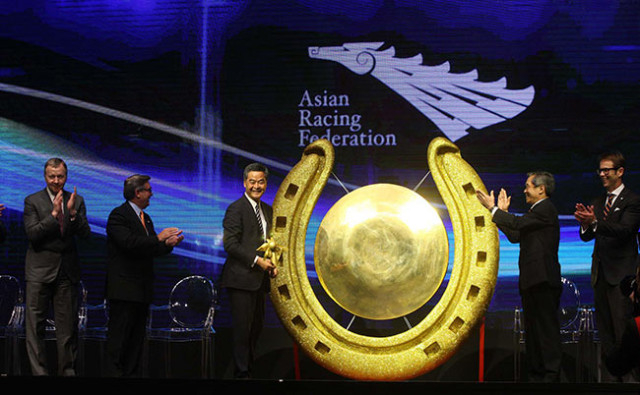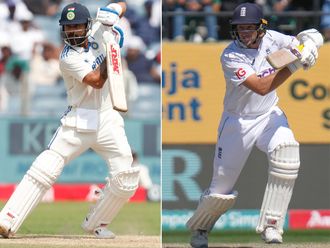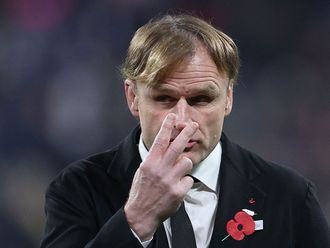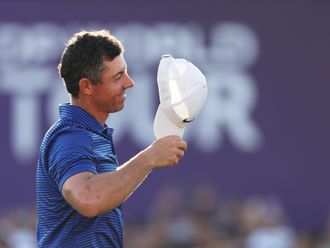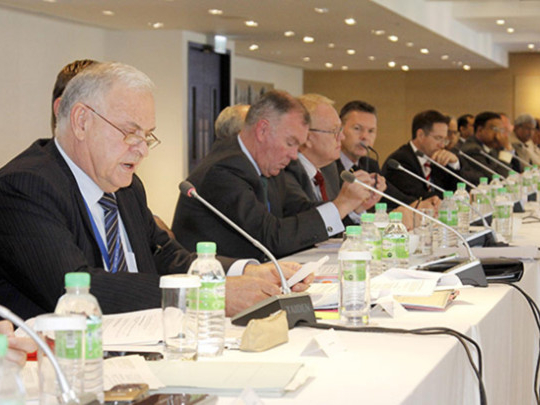
Dubai: The Dubai World Cup Carnival could see greater international participation at future editions should a promising proposal to ease international horse movements be approved.
One of the top subjects on the agenda when the Executive Council of the International Federation of Horseracing Authorities (IFHA) met for the very first time at the 35th Asian Racing Conference (ARC) on Tuesday was the system of racing clearance for international competition.
The meeting, which followed preliminary talks in Hong Kong in February between the IFHA, the OIE (World Organisation for Animal Health) and FEI (Federation Equestre Internationale), was chaired by Louis Romanet, IFHA Chairman.
The Paris-based IFHA Executive Council, which is the highest level of governance in world racing, consists of 13 members drawn from three regions — Europe, the Americas and Asia — which can effect major advancements to the sport.
International horse movement has long been seen as a major deterrent to the sport’s growth worldwide, and the Executive Council is working hard to get the ‘high health, high performance horse’ (HHP) concept fast-tracked, recognised and approved.
South Africa’s Mike de Kock, the Dubai World Cup Carnival’s most successful international trainer, has tirelessly campaigned for the international quarantine rules to be amended after having had to routinely undertake a circuitous route with his horses from South Africa to Dubai.
Should the new proposals get the green light, they will benefit trainers such as De Kock, who have expressed keen interest in competing for global prizes from a jurisdiction that has been subjected to severe quarantine restrictions.
Malih Al Basti, Chairman of the Emirates Racing Authority’s Steering Committee, and ERA chief steward John Zucal are attending the three-day event in Hong Kong, which has attracted a record number of 800 attendees from 40 countries in addition to speakers and presenters from over 20 countries.
Spread over 15 sessions over three days, the topics include proposals on the international harmonisation of anti-doping control, forensic testing laboratory certification, and the genetic integrity of thoroughbreds.
Romanet addressed Tuesday’s Executive Council meeting which covered subjects including The future landscape for wagering; The Pattern: Now and in the future; Movement of horses; The community impact; Fair competition and drug control and Racecourses & environmental sustainability.
The Asian Racing Conference convenes every 18 months or so, and is largely considered to be the most important and influential racing conference of its kind.
The IFHA Executive Council will meet again in Paris in October 2014 in conjunction with the 2014 running of the Prix de l’Arc de Triomphe (G1), Europe’s flagship flat race.


